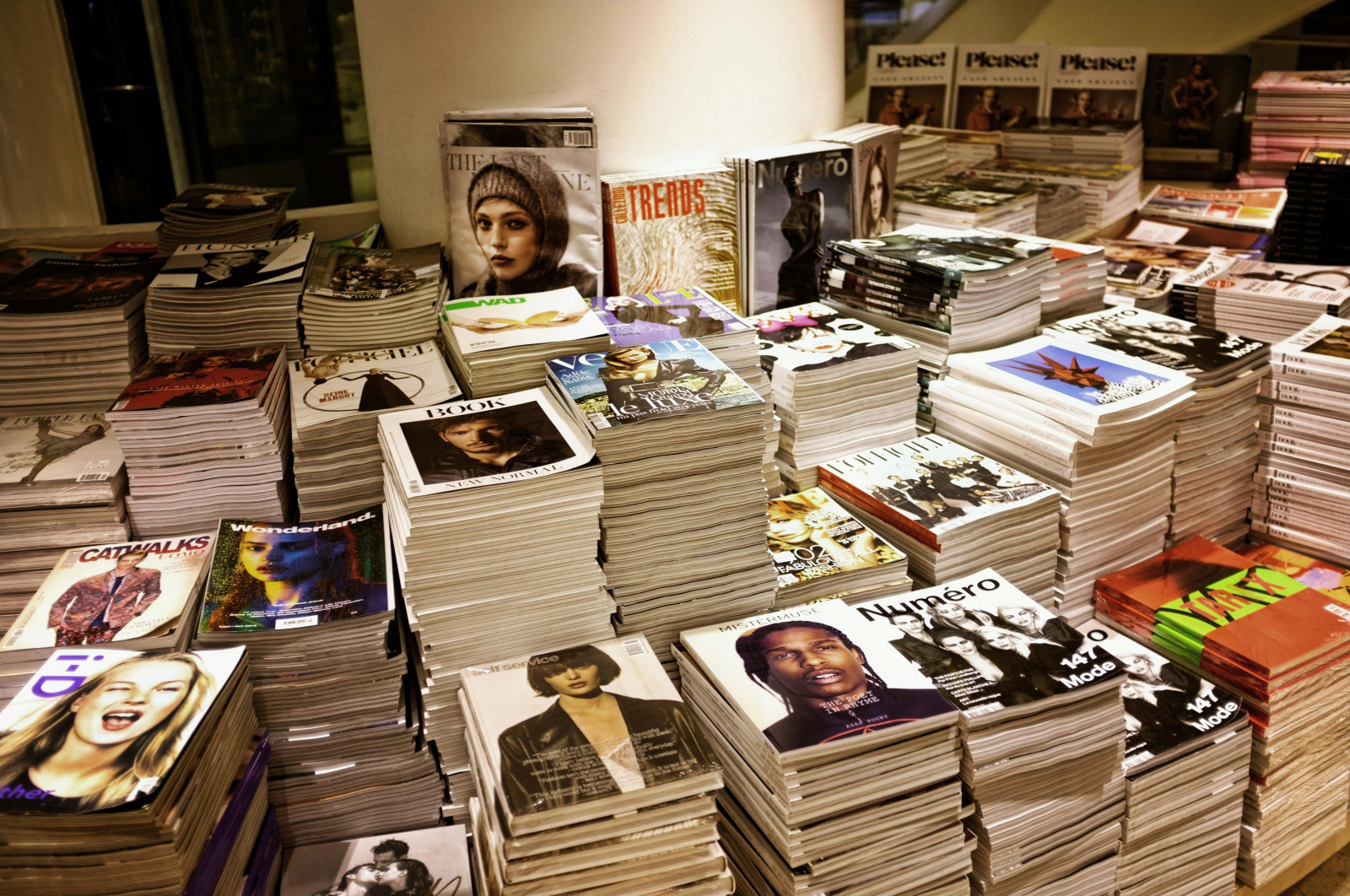The crumbling of music media is a disaster for the music industry

Photo: Pixabay

As a former music journalist, I can say that layoffs are somewhat to be expected when you work in media. Nobody gets into this industry looking for stability. But the past 12 months have felt especially grim, with a growing list of mass layoffs and complete shutdowns that includes Bandcamp Daily, MTV News, NPR, Vox Media, and Los Angeles Times, to name just a few. Now, the gutting of Pitchfork feels particularly cruel. For all the eye-rolls the publication has elicited in its nearly three decades of existence, it has played a crucial role in curation, elevating niches, and valuing art above celebrity. Thanks to both the respect it has earned, and the fact that it does not rely on access to celebrities, it was also one of the few publications today where reviewers were empowered to say what they really thought. As Pitchfork bites the dust, it feels as if the music review has, too.
The ongoing crumbling of music media is not just sad news for music journalists, but also for the music industry as a whole. Anyone working in music should be thinking about how these developments will affect them.
Music publications are a key promotional tool not only for reaching consumers, but also for reaching the most valuable ones. MIDiA consumer surveys reveal that although places like YouTube and TikTok are more mainstream sources for discovering music, those who discover music via blogs and websites spend the most money on music (including streaming, physical, live, etc.). Publications also give listeners context about artists — from their backstory to their sense of style — which MIDiA has proven is a crucial ingredient for developing fandom. All this at a time when artists are struggling more than ever to cut through the noise and develop fans.
Featured Report
Splice x MIDiA Sounds of 2026 House on the rise
We zoom in on the trends and microtrends driven by the music industry’s biggest fans and most influential tastemakers: creators. Turn page after page of trends unfolding in real-time and see how Splice’s dataset is the barometer for the state of music today.
Find out more…This is just one of the reasons why music journalism is essential not just generally, but especially right now. Currently, many music industry leaders are looking to target niches and activate superfans, recognising the importance of these groups in the post-superstar era. But simultaneously, the spaces that cultivate and support those niches and superfans in the first place seem to be disappearing. (This, at the same time as Gannett is hiring journalists to cover only Taylor Swift). So, it is not just that the music industry is losing a promotional opportunity at a time when it most needs to cut through the noise, we are also losing the fertile grounds for the very thing many companies are now supposed to be hinging their future on.
Perhaps even more frustrating for artists and label marketers, Pitchfork was seemingly subsumed not because the site failed to attract attention, but because Condé Nast leaders could not figure out how to monetise it (which, to be sure, is no simple task). That is the message we get from Condé Nast’s global head of audience development. So, in this example, even having a deeply engaged niche of superfans was not enough. Sure, journalism is especially tricky to build a business model around, for reasons other industries can avoid. But amid all this (good and necessary!) talk of wanting to elevate niche superfans, music leaders should not look away.

There are comments on this post join the discussion.